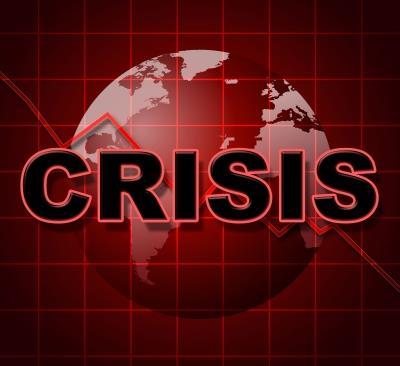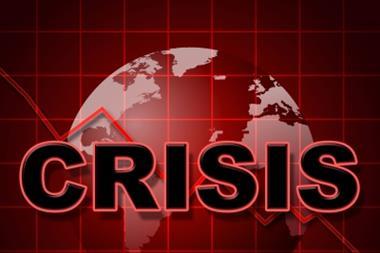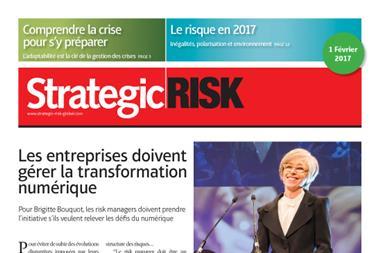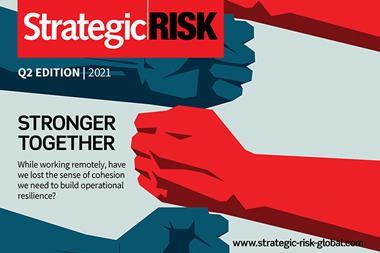Why adaptability is key to crisis management

Crisis management begins with a contradiction in terms. Is it possible to ‘manage’ a crisis? If the crisis is ‘managed’, such as managing a project or a production unit, in short when working in the normal mode of problem solving, can we really talk about a crisis?
A crisis is in fact quite different from a normal state of activity, despite managers sometimes feeling like they are moving from one emergency to another, from one problem to the next. A crisis is a moment of rupture, with immediate and immense issues. The objective of this article is to explain how crisis management is a different management mode than the usual day-to-day management.
The guide “Crisis management. Guidance and good practice “published by the BSI, draws up a very useful list of many characteristics specific to a crisis, which I will partly repeat here, accompanied by a personal explanation.
Crises are associated with very complex problems, the implications and nature of which are not clear at the time of its occurrence. Establishing the nature and impact of the crisis is therefore difficult, and, most importantly, it is changeable. Thus the crisis calls for decisions, the full scope of which will only be known through its resolution (or its aggravation). Crisis managers often have to resort to the ‘least bad’ solution. If the optimum, ideal solution was available, everything would be simpler, and certainly more comfortable - but this is very rarely the case. The key is therefore adaptability to an extremely variable situation, sometimes from one minute to another. This adaptability, the realisation that established procedures and working methods are useless in a crisis, is a necessity in crisis management, but often underestimated.
The demands and pressure on the crisis team are exceptional. Many managers, however high level and stressful a job they have, ‘explode in flight’ once confronted with the reality of a crisis. Managing such pressure requires good self-knowledge, including their own limitations, and absolute trust in the team. The pressure will be intense and can continue for some time.
A crisis is not always a danger to the people, property, or physical or financial assets of the organisation. On the other hand, it is still a danger to reputation and brand image. It will put you in the spotlight of the media, and, crucially, social media, where everybody is potentially a reporter, analyst, commentator and activist. The rumours, the false information, the speculations must be addressed as quickly as possible, in the most firm and factual way.
Crises often require organisations to review, transform or defend their choices, internal policies, culture, and strategies; sometimes under pressure from the public and the media. If an organisation is (perceived to be) in the wrong, everything is based on being exemplary. Denial, fear and refusal of responsibility are never satisfactory solutions. Showing genuine compassion, taking responsibility, and showing integrity in the face of criticisms will diminish the negative perception that weighs on you. As difficult as it may seem, crises are, from this point of view, formidable vectors of change and opportunity. One of the cornerstones of crisis resolution, unfortunately sometimes overlooked, is the importance of internal communication, to use the company’s employees as a route to resilience.
In the face of these challenges, it is essential to prepare, in particular by establishing crisis procedures, a clear distribution of tasks, and tighter and operational decision-making models. Above all, it is essential to test these procedures by carrying out simulations and exercises, as realistically as possible.




















No comments yet